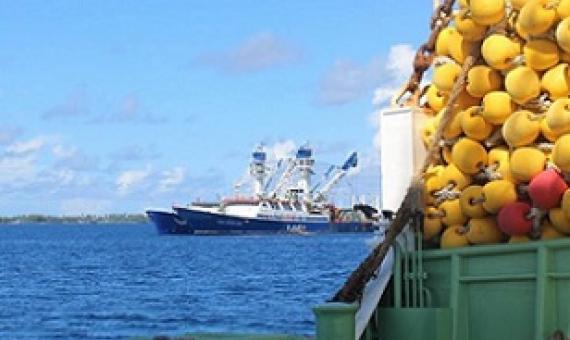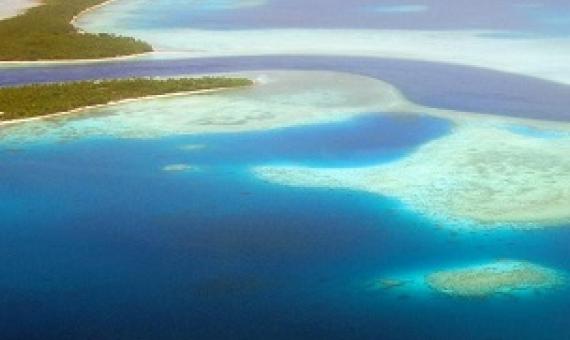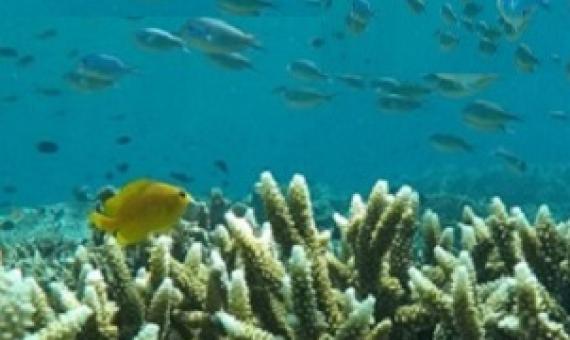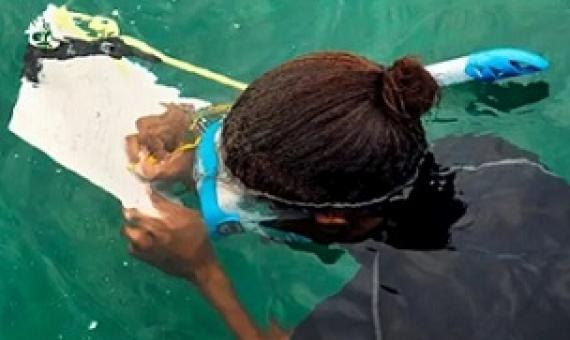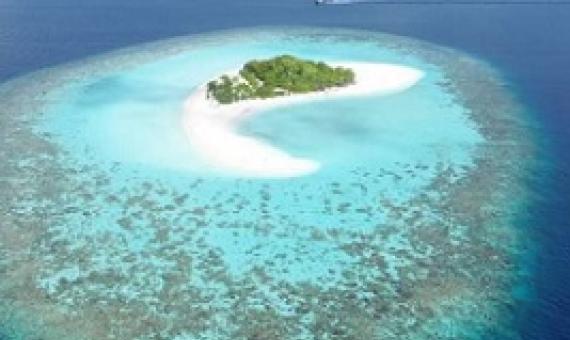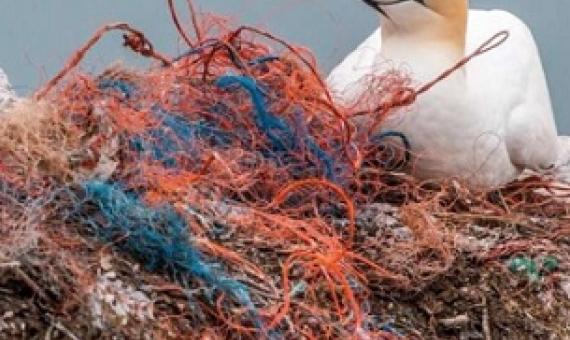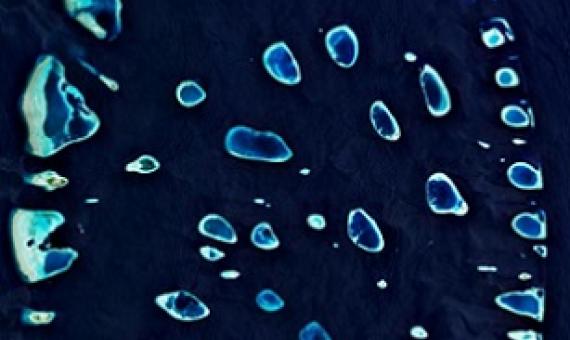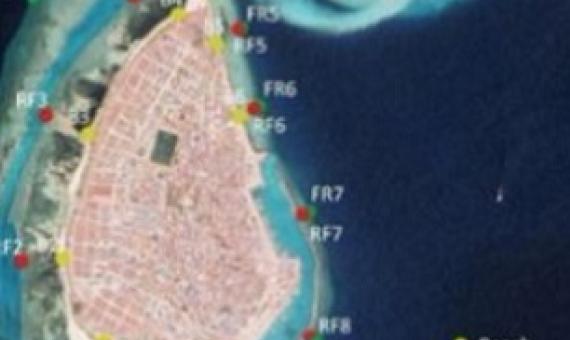Mangrove conservation and restoration in SIDS can contribute to achieving a range of international targets and commitments, including multiple SDGs.
Some countries and major non-governmental organizations are promoting the ‘30 by 30’ campaign to ‘protect and conserve’ at least 30 percent of the planet – including the ocean – by 2030.
Despite the impact of the COVID-19 pandemic, the existential threat of climate change for small island developing states (SIDS) remains.
Advancing Sustainable Development and Protected Area Management with Social Media‐Based Tourism Data
Sustainable tourism involves increasingly attracting visitors while preserving the natural capital of a destination for future generations. To foster tourism while protecting sensitive environ‐ ments, coastal managers, tourism operators, and other decision‐makers benefit from information about where tourists go and which aspects of the natural and built environment draw them to particular locations. Yet this information is often lacking at management‐relevant scales and in remote places. We tested and applied methods using social media as data on tourism in The Bahamas.
Flooding and erosion are growing problems for low lying coastal zones across the world. These phenomena are expected to worsen globally by 2-3 orders of magnitude by 2100.
The COVID-19 pandemic has devastated the economies of many small island developing states, particularly given their heavy reliance on tourism, a sector that has been on pause for almost a year...As they work to recover from the pandemic, they are tapping into new, innovative financing m
As the coronavirus pandemic compounds worsening economic pressures from climate change impacts, small island developing nations on Monday appealed for international financial support to help them avert a looming debt crisis...One major barrier, however, is that many island states in the Caribbean
Removing all of the plastic litter from the UNESCO World Heritage Site of Aldabra Atoll—a ring of islands formed from coral reef in the Seychelles—would cost US $4.68 million and require 18,000 hours of labour, according to a study in Scientific Reports... The findings indicate
In the Maldives, a developing nation that lacks much local manufacturing, a single tourist produces almost twice as much trash per day as a resident of the capital city of Malé, and five times as much as residents of the other 200 populated islands, according to government statistics.
Australia's Flinders University, on August 1, declared Maldives to be one of the countries most polluted by microplastics, on the planet. Microplastics refer to plastic particles measuring less than five millimetres and are now globally recognized as a pollutant of increasing concern.

